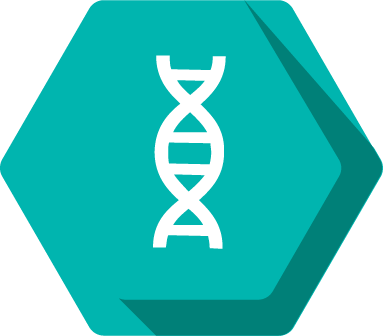Brody Mayoras

Pronouns: he/him/his
Research Mentor(s): Mukesh Nyati, Associate Professor
Research Mentor School/College/Department: Radiation Oncology, Michigan Medicine
Presentation Date: Thursday, April 22, 2021
Session: Session 1 (10am-10:50am)
Breakout Room: Room 7
Presenter: 7
Abstract
Non-small cell lung cancer (NSCLC) patients affected by mutant EGFR are often treated with tyrosine kinase inhibitors (TKIs). However, new mutations in EGFR during treatment often limit the overall efficacy of these TKIs. As a result, patients suffering from EGFR mutations have been left with no long-term treatment options. In order to combat this clinical crisis, the Nyati Lab has developed a novel molecule, DPI-503, which acts as a prolonged and more effective treatment for the EGFR mutations commonly observed in NSCLCs. This molecule works to impair EGFR dimerization, degrade activated forms of EGFR, and therefore, selectively target NSCLC tumors, including those that have developed resistance to existing TKIs. The success of DPI-503 has been confirmed in over 6 different mouse tumor models. Further, both in vivo and in vitro tests have resulted in EGFR driven cancer cell specific cytotoxicity. In order to contribute to the progress of the lab, I have researched and presented information regarding EGFR biology, inhibition mechanisms, and signaling pathways as well as facts and figures detailing the role of EGFR in the success of KRAS-G12C inhibition pathways in colorectal cancers. Additionally, I have engaged in weekly lab meetings to maintain a high degree of understanding regarding lab activities and updates. Overall, the studies produced through the Nyati Lab highlight a novel method for selective targeting of mutant EGFR and indicate that DPI-503 has the potential to improve clinical outcomes for patients with pancreatic, colorectal, and lung cancers. In the future, the Nyati Lab plans to initiate IND enabling studies with the aim of beginning Phase I clinical trials for the above-mentioned patient population.
Authors: Brody Mayoras, Mukesh Nyati
Research Method: Laboratory Research with Animals






